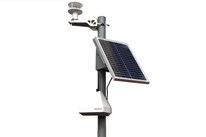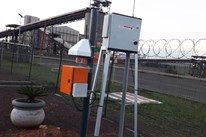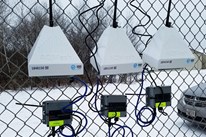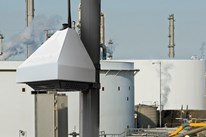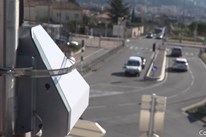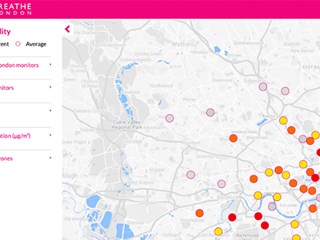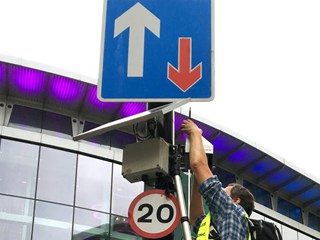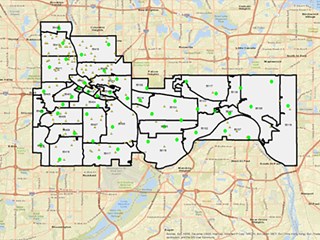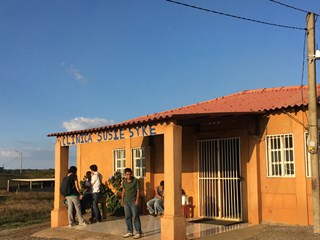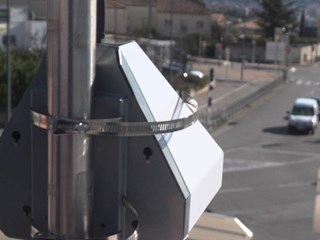The carefully developed data processing algorithms used by AQMesh outdoor air quality monitors are fully traceable and fixed by version number, and, unlike other systems, have been achieved with no use of machine learning or artificial intelligence.
Measure accurately across every continent

Development through extensive global co-location comparison trials in all seasons across each continent means AQMesh can operate in the widest possible range of environments and conditions.
There is simply no substitute for getting out there and testing the conditions. From day one we have not been afraid to see exactly what AQMesh can do – and to test its limits. We have welcomed the opportunity to work with partners across the world, over nearly a decade, and let them carry out independent analysis of data from pods co-located with reference stations.
Most often the results have been great: not only has the pod carried on operating, whatever the conditions, but the data accuracy has been maintained. There have been times during the development of AQMesh where we have come across conditions which highlight an opportunity for improvement in our processing and we have used that – in conjunction with as wide a base of comparison datasets as possible – to develop a new processing algorithm.
We have seen pods covered in snow in Sweden or Minnesota, scorching in the deserts of Iraq, in heavy rain in Asia or Scotland. Just look at the range of countries where AQMesh has been used. AQMesh has led the way in development of small sensor air quality monitoring systems - including the first to use a sun shield to minimise the impact of direct sunshine – and we will continue to do so.
More AQMesh benefits
Related information
Featured case studies
Need more information? For the best air quality monitoring system and outstanding customer support Get in touch







